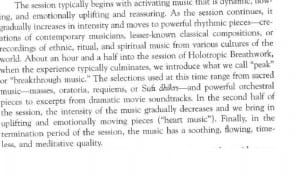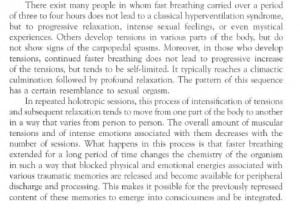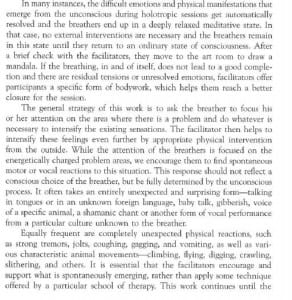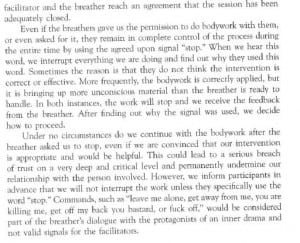Weell…
A lot has been said about the need for discipline in life, in art and more specifically in dance… Since I have been 4 years old, I too have been taught to abide to the rules of my class, my practice, my workout… And I do feel that it is necessary.
To what extent though?
Reading through Foucault- Discipline and punishment the birth of the prison Chapter on Discipline , many contrasting thoughts have crossed my mind…
On the one hand discipline produces efficiency, more collected students, workers, movers, artists. It allows each to have focus and not get carried away. It enables us to have the best possible results… OR DOES IT???? And here start the questions!
When does too much discipline push us into losing our identity, our personality and becoming one with the masses?
How much IS too much?
Why is there a misconception that discipline is forced upon us and thus a form of pressure? And why not discipline ourselves to the extent that each separate individual needs to an a certain point?
Could it be perhaps that throughout history, the creation of disciplined bodies and groups allowed those in control to gain more power? Could it be that enforcing too much discipline resulted in scraping off the uniqueness and trading it for en masse production of bodies?– When I say bodies I mean the body we live in but also social bodies and groups.– People as tools but also tools made up of many people to be used for purposes beyond their knowledge?
More to come soon as my own unconventional nature needs time to process more input before becoming too harsh 🙂
It is one thing to pass on knowledge and teach discipline and a whole different story to enforce it without explaining why… Taking the time to properly inform those who one wishes to train, allows for them to discipline themselves by choice and having understood and accepted it as a necessity, rather as a burden violently thrust upon them, disregarding their personalities, needs and different characteristics…
Discipline tends to rear its ugly head when it is about controlling the trainees, turning them into a tool to suit the “trainers’ ” needs and purposes and not about helping them become the best possible versions of themselves and thus an instrument that can sing many tunes, be agile and adaptive… I think that we, these past generations, have been working towards making that change and the shift between the roles of “trainer” and “trainee” is becoming all the more clear… There are times when the “trainer” becomes the “trainee” and taking a step back, is able to receive feedback and learn more about himself. He then improves and that in turn allows for a higher level of his next pupils and so on and so forth…
Of course discipline is necessary in order to avoid chaos. The fine line lies in figuring out the way for discipline and equality to NOT be mutually exclusive, but rather work in unison and complete each other.
As for punishment?? Well it is a word I really do not like. I would much rather call it “facing the consequences of one’s actions, whether they are of a positive or a negative nature”. As Foucault writes “Disciplinary punishment must be essentially corrective”. The objective is not to diminish a person or persons but to aid them to evolve. A mistake however severely punished remains a waste if it is not seen as an opportunity to learn even a tiny thing… I see no point in punishing a wrong if instead it can be righted. Mind you, I am well aware that that is not always a possibility and what I am writing here is just a general viewpoint of mine with many exceptions and variations depending on the circumstances…
” In discipline , punishment is only one element of a double system: gratification-punishment. And it is this system that operates in the process of training and correction. The teacher ‘must avoid, as far as possible, the use of punishment; on the contrary he must endeavour to make rewards more frequent than penalties, the lazy being more encouraged by the desire to be rewarded in the same way as the diligent, than by the fear of punishment; that is why it will be very beneficial, when the teacher is obliged to use punishment, to win the heart of the child if he can, before doing so’ (Demia 17). ”
In other words the it is part of the teachers job to WIN not DEMAND the respect or the pupils and therefore their trust that he wants for them what is best taking into consideration both the objective criteria and the individuality of every pupil. To understand that it is not all black and white but mostly various shades of grey… And of course to bear in mind that as humans teachers MAKE MISTAKES TOO!!! And acknowledging those mistakes to the students can serve as an example of self discipline and mutual respect. More can be taught by sharing an experience and setting an example than by setting up rules axiomatically.
Hmmm, and it gets more interesting as I read on!
“In a sense, the power of normalization imposes homogeneity; but it individualizes by making it possible to measure gaps, to determine levels,to fix specialties and to render the differences useful by fitting them one to another”
So in other words the same rules may apply to everyone in a group but, the way they are regarded has a lot to do with the individual characteristics of each person in said group… And the means to make all the individuals making up a group abide to the same rules can vary depending on the mentality and personality of each person. TO MAKE SOMEONE UNDERSTAND YOU YOU HAVE TO SPEAK IN A LANGUAGE THEY CAN UNDERSTAND AND NOT TRY TO FORCE YOUR LANGUAGE UPON THEM. In an ideal world, we’d meet each other half way…
EXAMINATIONS?!!?!?! I keep changing my mind on the subject…



